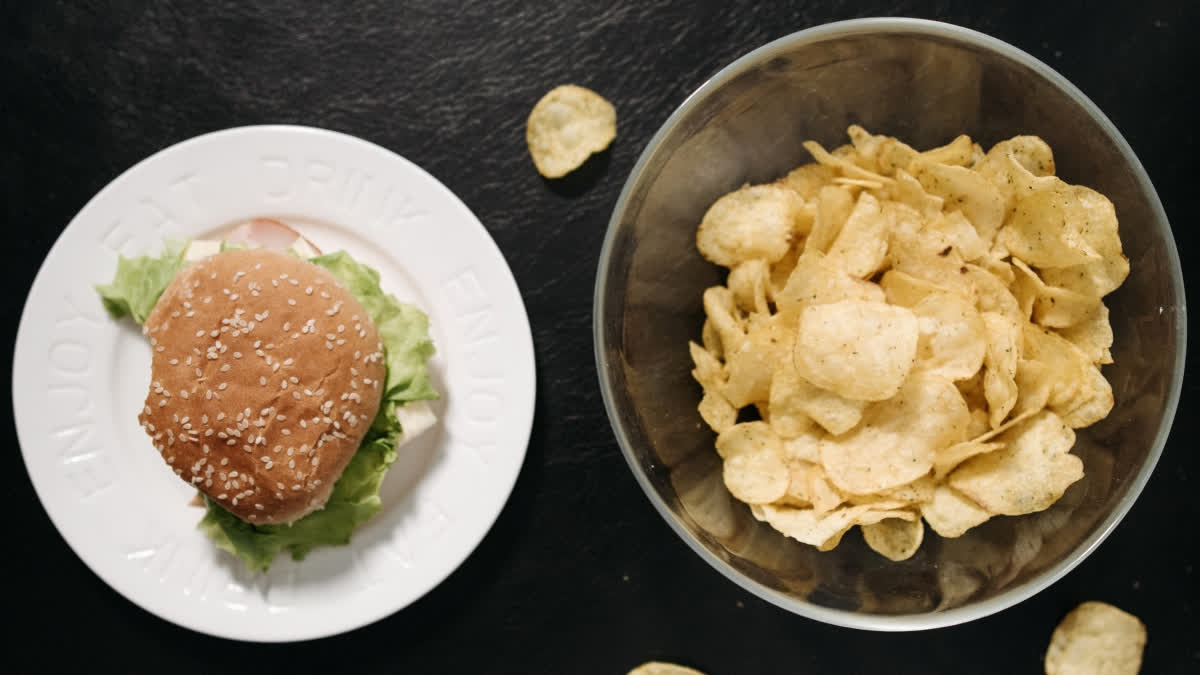Newcastle (United Kingdom): Certain foods or dietary patterns are linked with better control of your asthma. Others may make it worse. Depending on what you've eaten, you can see the effects in hours. Food can affect how well your lungs function, how often you have asthma attacks and how well your puffer works. Here's what we know about which foods to eat more of, and which are best to eat in smaller amounts, if you have asthma.
Asthma and inflammation:About one in ten Australians (2.7 million people) have asthma. This makes it the fourth most common chronic (persisting) disease in Australia. Asthma is an inflammatory disease. When someone is exposed to certain triggers (such as respiratory viruses, dust or exercise), the airways leading to the lungs become inflamed and narrow. This makes it difficult for them to breathe during what's commonly known as an asthma attack (or exacerbation). Researchers are becoming increasingly aware of how someone's diet can affect their asthma symptoms, including how often they have one of these attacks.
Thumbs up for fruit and veg:The Mediterranean diet a diet high in fruit, vegetables and oily fish is linked with less wheezing in children, whether or not they have been diagnosed with asthma. Some, but not all, of the studies found this was regardless of the children's body-mass index (BMI) or socioeconomic status.
Eating a diet high in fruits and vegetables is also important for adults with asthma. Two studies found adults who were instructed to eat a diet with few fruits and vegetables (two or fewer servings of vegetables, and one serving of fruit daily) had worse lung function and were twice as likely to have an asthma attack compared to those eating a diet high in fruits and vegetables. Why might the Mediterranean diet, or one rich in fruit and vegetables, help? Researchers think it's because people are eating more antioxidants and soluble fibre, both of which have anti-inflammatory action:
- Antioxidants neutralise free radicals. These are the damaging molecules produced as a result of inflammation, which can ultimately cause more inflammation.
- Soluble fibre is fermented by gut bacteria to produce short-chain fatty acids such as acetate, propionate and butyrate, which reduce inflammation.
Also read:New diet score reveals foods that help you live longer
